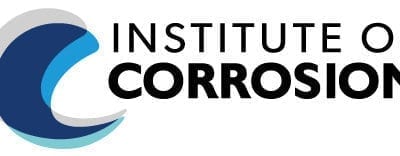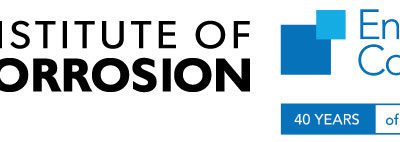A recent article describes the effects of epoxy binder, curing agent, filler, initial solvent concentration, curing temperature, and relative humidity, on the curing-induced internal stress in epoxy coatings.
According to the report, curing-induced internal stresses in epoxy coatings are highly influenced by the type and concentration of their ingredients, and the conditions applied. In this new work, the effects on the internal stress development of the epoxy/crosslinker chemistry, curing temperature, relative humidity, filler conditions, and initial solvent concentration, were studied. An elevated curing temperature (35 or 45 °C) resulted in a smaller elastic modulus and, despite an accelerated curing reaction and a higher final reactant conversion, only a slight increase, around 0.2 MPa, in the average internal stress. An increased relative humidity (from 35 to 60 %), also resulted in a smaller elastic modulus and less volumetric shrinkage and internal stress. However, at 90 % relative humidity, the internal stress, due to an enhanced final reactant conversion, was higher than observed at 60 % RH.
The study noted that the presence of either BaSO4 or CaCO3 filler in the formulation reduced the final reactant conversion and volumetric shrinkage, but resulted in a higher elastic modulus and internal stress. 0.6 MPa.
The study presents guidelines to optimise coating formulations and curing conditions to avoid internal stress.
The study was published in Progress in Organic Coatings, Volume 173, December 2022.



